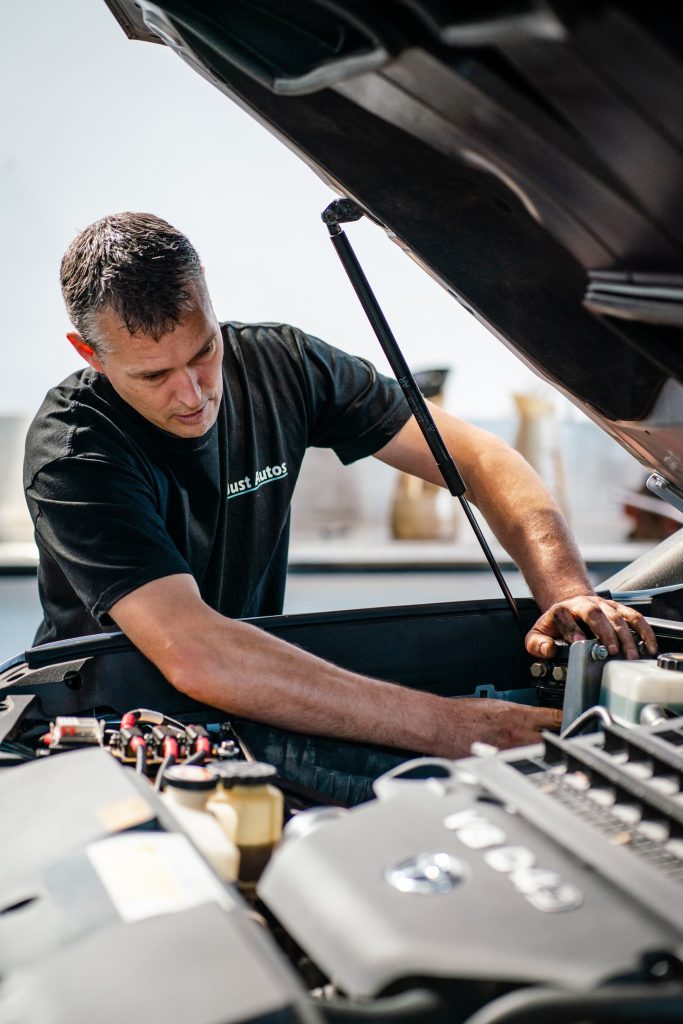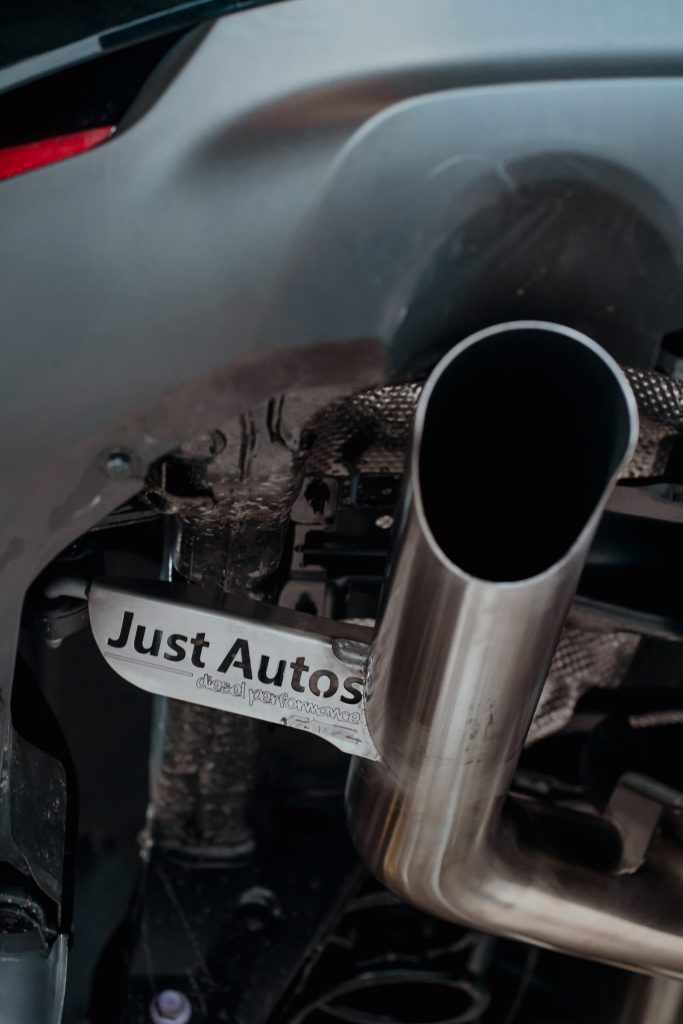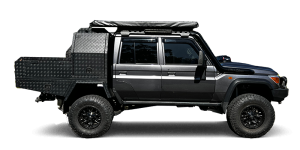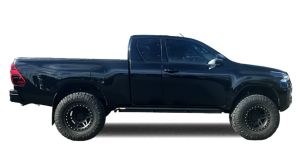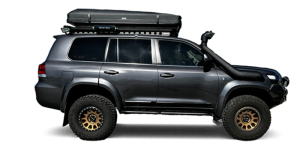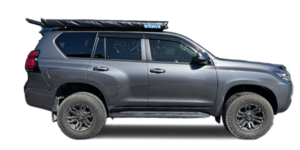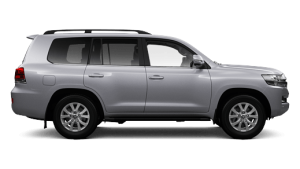 If you want to see Australia in all its glory then, let’s face it, you’re going to need to get away from the cities at some point. And in Australia, that means going off-road. Vast swathes of this country are not served by paved motorways, so you’re going to need a vehicle that can take on rougher terrain. In short, you’re going to need a 4 Wheel Drive.
If you want to see Australia in all its glory then, let’s face it, you’re going to need to get away from the cities at some point. And in Australia, that means going off-road. Vast swathes of this country are not served by paved motorways, so you’re going to need a vehicle that can take on rougher terrain. In short, you’re going to need a 4 Wheel Drive.
Picking the perfect 4WD is a test for any motorist – not least because the “perfect” version of this kind of vehicle might not exist for you. At least, it may not exist yet, because what you consider ideal will be different from what someone else has in mind. What this means is that you may need to put together your own vehicle to allow you to embark on the perfect holiday tour in this fine land.
How do you build the perfect 4WD for your touring holiday?
The more important question is: what does your touring holiday look like? Other important questions are: how many people are coming along? How long is the holiday? What are the needs of the people who are taking the trip? You see, each of these questions will have an impact on the eventual design of 4WD that suits your holiday touring. Once you have answered these questions, you’ll be that much closer to knowing what you need, and getting the actual vehicle built up – something that will need professional help.
Of course, you’re not going to be building from scratch! One of the key points you will need to address – and something you shouldn’t be afraid to seek help on – is the vehicle you’re going to start with. This is where you hark back to those questions above – how hard do you want to go on a touring holiday? If it’s going to entail the kind of days where a whole day’s driving ends up covering fewer than 10km, and the terrain is so challenging that you spend hours looking for a navigable crossing, then you don’t want to start with a low-powered vehicle. On the flipside, there will be some touring holidays where a smaller, nippier 4WD is exactly what you need.
What is the most important aspect of building a 4WD?
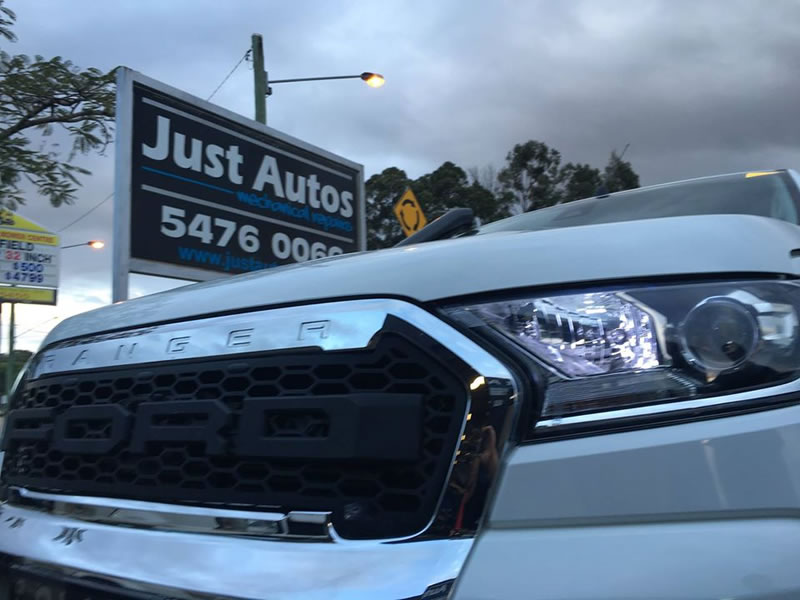 A touring holiday is meant to be challenging – but let’s not make the mistake of thinking that this means genuine peril and unnecessary risk are desirable. The key part of a touring holiday is that you are self-reliant for the duration. That means bringing along enough food, because you’re not going to be passing many restaurants. It means having space for tents or a cab spacious enough to sleep in, because you won’t be booking into a fancy hotel. It also means carrying out any mechanical repairs before setting off, and looking after the vehicle, because relying on someone coming to your rescue defeats the whole point of self-reliance.
A touring holiday is meant to be challenging – but let’s not make the mistake of thinking that this means genuine peril and unnecessary risk are desirable. The key part of a touring holiday is that you are self-reliant for the duration. That means bringing along enough food, because you’re not going to be passing many restaurants. It means having space for tents or a cab spacious enough to sleep in, because you won’t be booking into a fancy hotel. It also means carrying out any mechanical repairs before setting off, and looking after the vehicle, because relying on someone coming to your rescue defeats the whole point of self-reliance.
If you’re smart, you can make additions to a 4WD that mean you don’t need to visit a city or pick up supplies any more than a couple of times on a fortnight’s holiday. For this to be possible, you’ll need to allow for storage of fuel (and this must be safe), and you’ll need a healthy supply of water. It might also be beneficial to have a fridge hooked up, which is something that a lot of modern 4WDs allow – but remember that any electrical appliances will use battery power and fuel, so make allowances for this when planning a trip.
What else do you need to consider?
Many of the additions to a 4WD will not be the kind of thing you’re going to be carrying out yourself, so you need to contact the experts who will be doing this ahead of time, and leave enough time for modifications to be made. You’ll also benefit from a performance tune-up before leaving, because engineering issues that are irritating in the city can be ruinous in the back of beyond. Also, remember that you can’t rely on street lamps where you’re going, so ensure that your 4WD is amply catered for in terms of additional lighting – your usual headlamps may not be enough.
Also, make sure that any additions and amendments you make to your vehicle are covered under law. There are regulations you need to stay within, including on the weight of your 4WD and tyre sizes, and if you plough ahead in ignorance of those laws then you can be prevented from driving it. Sitting down with the professionals, and going through what is legally doable and mechanically realistic, is essential before embarking on any touring holiday.
